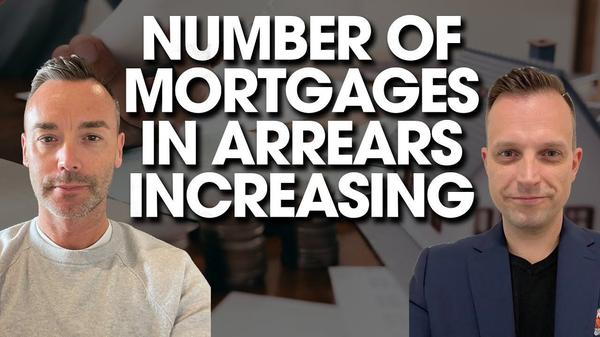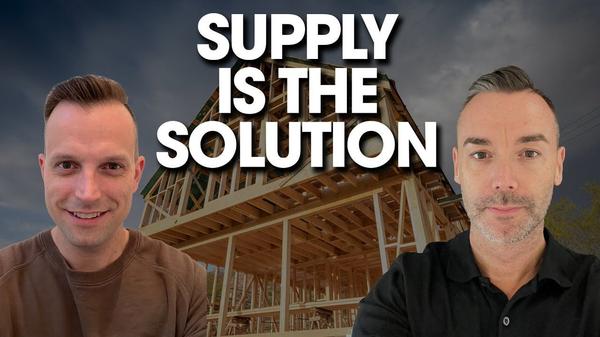Feds Hold Rate, Inflation Down - But New Mortgages Dropping....
This week we explore the inflation and interest rate factors affecting the United States and how they are impacting us here Vancouver. We take a close look at inflation, interest rates, new mortgage originations, rental rates, and the affordability index - all of which have changed significantly in the last few months. The Federal Reserve (Fed) in the United States decided to hold interest rates for the first time in 15 months, ending a period of significant cumulative hikes. Although inflation in the US dropped to its lowest level in two years, Fed Chairman Jerome Powell suggested that two more rate hikes might occur in 2023 to manage inflationary pressures effectively. The US stock market responded positively to the news, indicating there’s a slight sense of optimism about the economy's prospects.
The mortgage market in Canada however is a different story and experienced its weakest growth in two decades during the first quarter of the year, with newly issued mortgages reaching their lowest point since 2003. High interest rates affected homebuyers, causing many to delay their purchases. Furthermore, the percentage of new mortgages in Canada with borrowers spending 25% or more of their gross income on payments increased significantly compared to previous years. The effects of these trends are starting to emerge in Greater Vancouver, where active inventory reached its highest level since November 2022. Sales are expected to be 25% higher than the same period the previous year, while prices remained relatively stable.
Rental rates in Vancouver continue to rise due to record-breaking population growth and tight supply. Demand for rental units is so high that bidding wars are becoming common, with prospective renters given limited time to view a property and submit their applications. In fact, it’s become so expensive that the average rent in Vancouver is no $2,649 per month. The Mercer Report, which ranks global cities based on affordability, reveals that Vancouver has dropped eight places to 116th out of 227 cities. This indicates that there are 115 cities worldwide with a higher cost of living than Vancouver - which we found somewhat confusing as it certainly doesn’t feel that way.
In conclusion, the episode highlights the potential impact of the Fed's interest rate decisions on the economy, the challenges faced by homebuyers due to high mortgage rates, the increasing rental rates in Vancouver, and the city's relative affordability compared to other global cities. It suggests that the effects of recent economic developments may continue to be felt in the coming months as we aren’t out of the woods just yet.
Categories
Recent Posts









